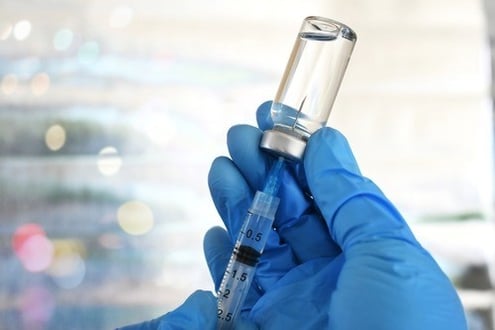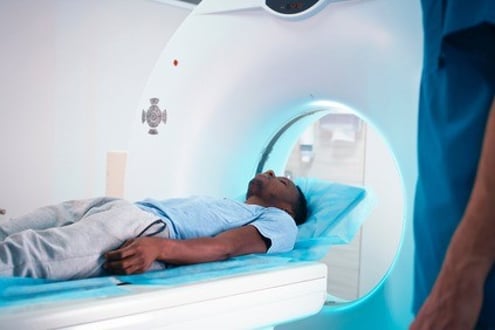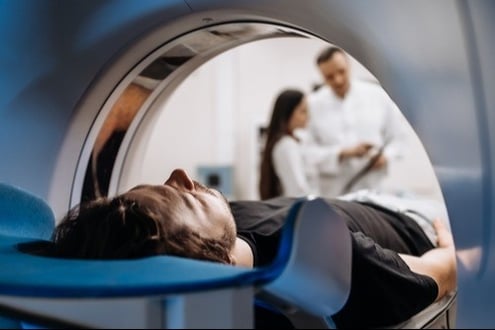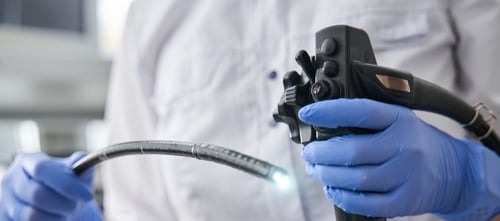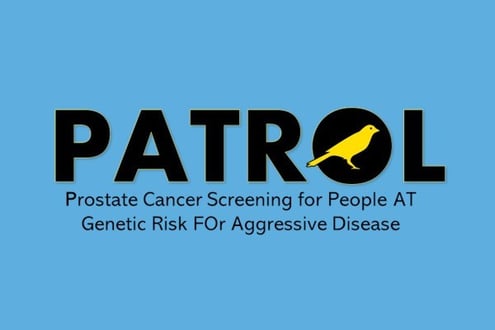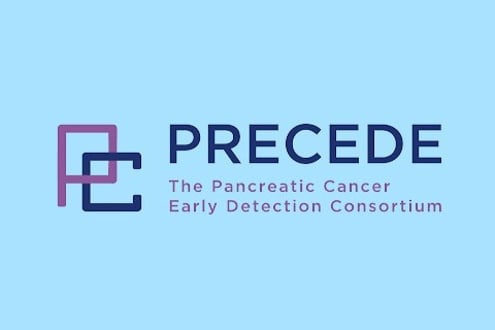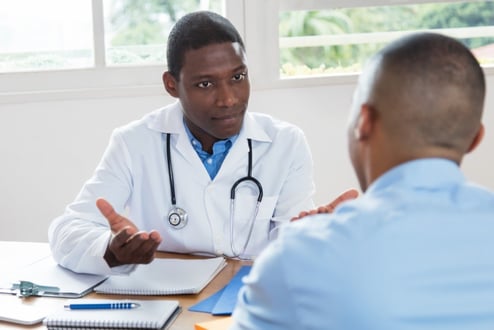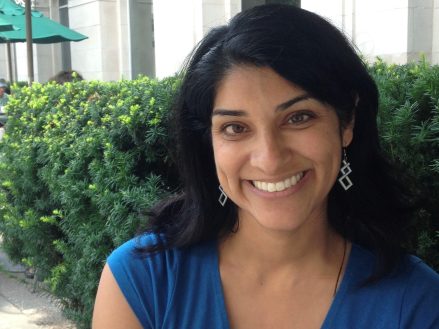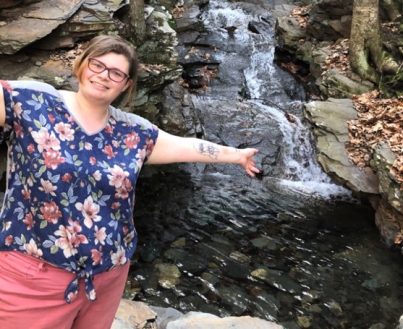ATM Mutations: Cancer Risks
Cancer Risks Associated with Inherited Mutations
People with an mutation have a higher risk for several types of cancer. These cancers tend to happen at a younger age than in people without a mutation.
Experts at the National Comprehensive Cancer Network (NCCN) created guidelines which estimate the cancer risks for people with mutations. These cancer risk estimates are updated based on the latest research.
See the table below for estimated risks for the following cancers in people with mutations:
- breast cancer
- pancreatic cancer
- ovarian cancer
- colorectal cancer
- cancer
It is important to note that cancer risks are estimates over the course of a person's lifetime. Your lifetime risk and risk over the next several years will vary depending on many factors, including:
- current age
- gender
- specific mutation
- personal and family health history
- diet, exercise, lifestyle and other factors
To understand more about your personal risk, we recommend that you speak with a genetics expert who can look at your personal and family history of cancer and help you decide on a plan for managing your risk.
Cancer risk table
|
Cancer Type |
Lifetime Risk with an Mutation |
Lifetime Risk for General Population |
Notes |
|
21 - 24% |
12.5% |
People with a common mutation known as c.7271T>G variant may have a higher risk for breast cancer than people with other variants. |
|
|
Risk for 2nd breast cancer diagnosis in women who were previously diagnosed with breast cancer |
4% risk within 10 years of initial diagnosis |
More research is needed to confirm this risk. This applies to women who have not had mastectomy. |
|
|
Male breast cancer |
May be increased |
.1% |
More research is needed to confirm this risk. |
|
5 - 10% |
1.7% |
||
|
2 - 3% |
1.1% |
||
|
Colorectal cancer |
5 - 10% |
4% |
More research is needed to confirm this link. |
|
cancer |
May be elevated |
12.8% |
More research is needed to confirm this link. |
|
Source: NCCN Guidelines: Genetic/Familial High-Risk Assessment: Breast, Ovarian, Pancreatic, v. 1, 2026. |
|||
More Resources
Participate in Prevention Research
The screening and prevention studies below are enrolling people with mutations. To search for more studies, visit our Search and Enroll Tool.
Vaccine for People at High Risk for Pancreatic Cancer
Clinicaltrials.gov identifier: NCT05013216
Using a Shorter Type of MRI as a Screening Tool for People at High Risk for Prostate Cancer
Clinicaltrials.gov identifier: NCT05384535
Screening Study for Pancreatic Cancer in People with Inherited Mutations
Clinicaltrials.gov identifier: NCT05058846
PATROL Study: Prostate Cancer Screening for People AT Genetic Risk FOr Aggressive Disease
Clinicaltrials.gov identifier: NCT04472338
Screening Study for Men at High Genetic Risk for Prostate Cancer
Clinicaltrials.gov identifier: NCT03805919
Pancreatic Cancer Early Detection for People at High Risk
Clinicaltrials.gov identifier: NCT04970056
Screening in Men at High Risk of Developing Prostate Cancer
Clinicaltrials.gov identifier: NCT05608694
Stories from the Community
June 11, 2021
